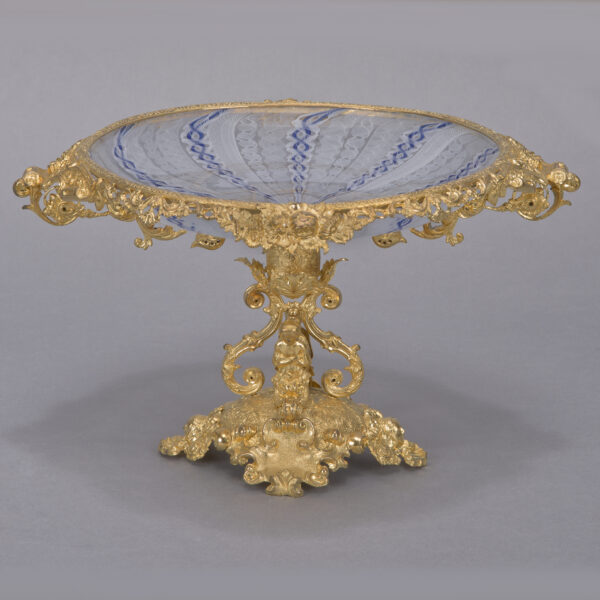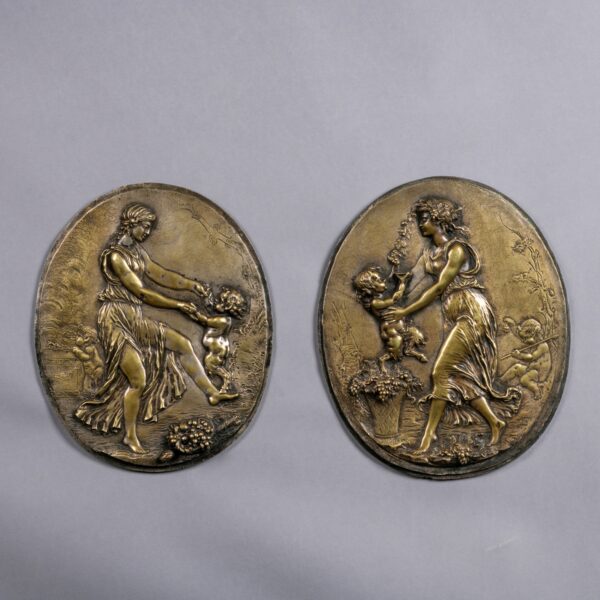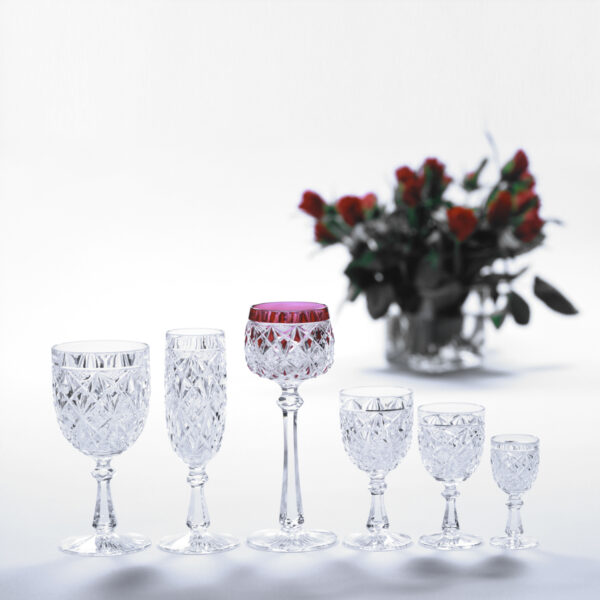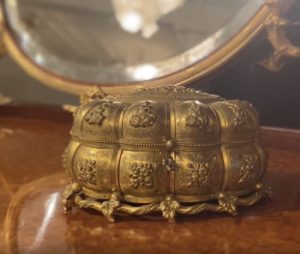Paul Gayrard
‘The Monkey Rider’ – Paul Joseph Raymond Gayrard (1807 – 1855)
£4,500
The Monkey Rider’ – Paul Joseph Raymond Gayrard (1807 - 1855). Signed to the base ‘Paul Gayrard’ and dated 1846. A rare patinated bronze...
Dimensions
Height: 10.5 cm (5 in)Width: 11 cm (5 in)
Depth: 5.5 cm (3 in)
Description
The Monkey Rider’ – Paul Joseph Raymond Gayrard (1807 – 1855).
Signed to the base ‘Paul Gayrard’ and dated 1846.
A rare patinated bronze group of a monkey in the guise of a Jockey riding a racehorse, startled by a barking dog at his feet.
French, Dated 1846.
The mid-nineteenth century saw a surge of interest in animalier bronzes with whimsical and anthropomorphic subjects becoming particularly fashionable. In a similar vain to Christophe Fratin’s humanised depiction’s of Bears posed as lamp lighters, dentists and reading books, Gayrard created his famous Monkey bronzes. He was awarded a First Class Medal at the 1846 Salon for his humorous group ‘The Monkey Steeplechase’, which can be related to subject of the present sculpture, ‘Monkey Rider’.
With the publication of Darwin’s ‘Origin of Species in 1859’ the popularity of anthropomorphically conceived subjects began to decline. As such these sculptures were only created during a very brief window of time and are consequently very rare.
Date
Dated 1846
Origine
France
Moyen
Bronze
Signature
Signed to the base ‘Paul Gayrard’ and dated 1846.
Paul Joseph Raymond Gayrard (1807 – 1855) born in Clermont-Ferrand, France.
He studied at an early age under his father the sculptor and engraver Raymond Gayrard, before becoming a student of François Rude and later David d’Angers.
He first exhibited at the Paris Salon in 1827 and continued to submit works throughout his lifetime winning a Second Class Medal in 1834 and a First Class Medal in 1846 and 1848. His last recorded exhibit was in 1855.
He executed many busts of notables of the day which proved popular with the haute bourgeois, but it was his talent for animalier that confirmed his reputation as a sculptor of considerable talent. His known bronze animal models date from the years 1846 until 1848 with his powerful plaster of a ‘Harness Horse’ exhibited at the Salon in 1847 and submitted again in 1848 in bronze. Also, in 1848 his bronze of a ‘Reclining Deerhound’, thought to be first viewed when in plaster at the Salon in 1846, was particularly well received.
His monumental works include the four evangelists for the Sainte Clotide Basilica in Paris.
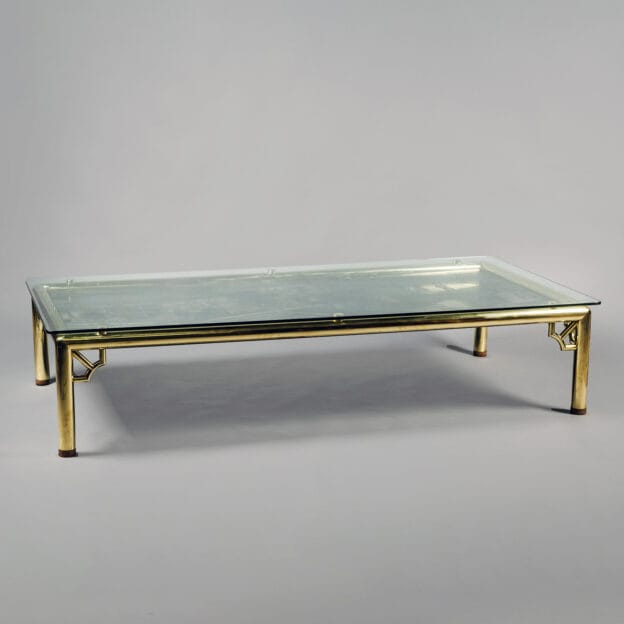
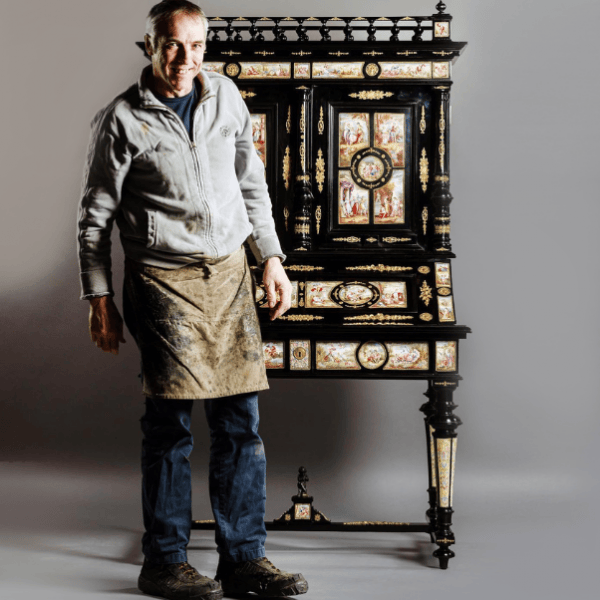
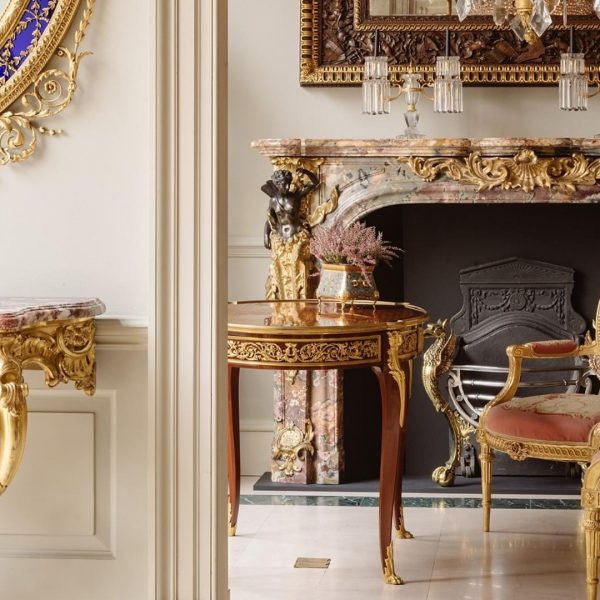
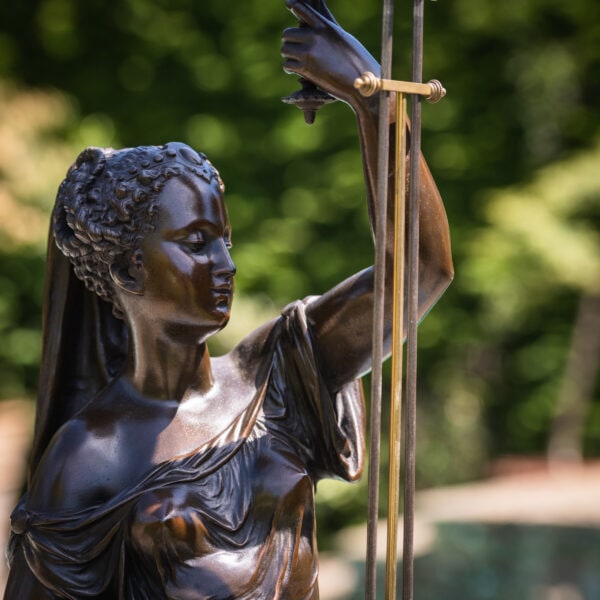
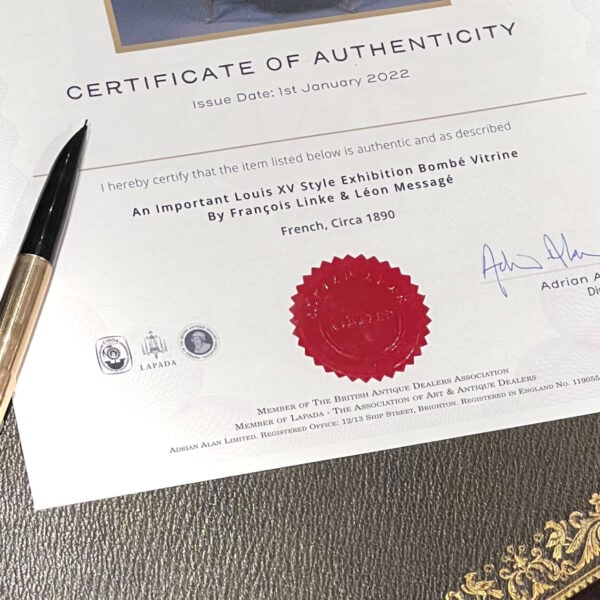
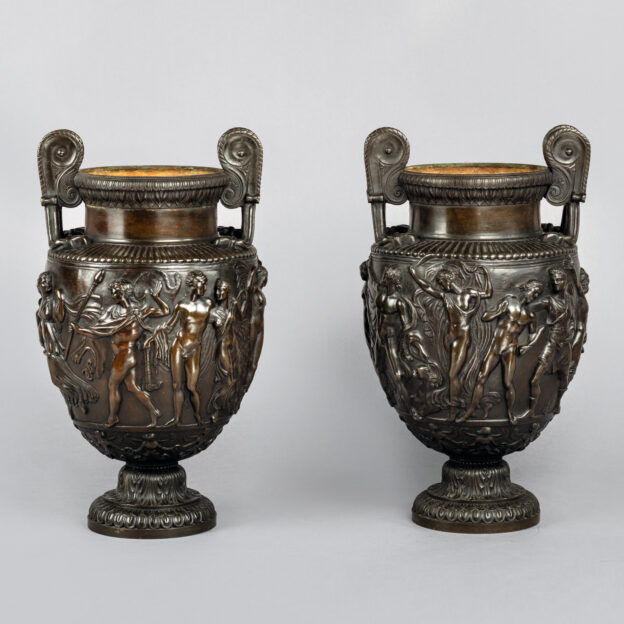
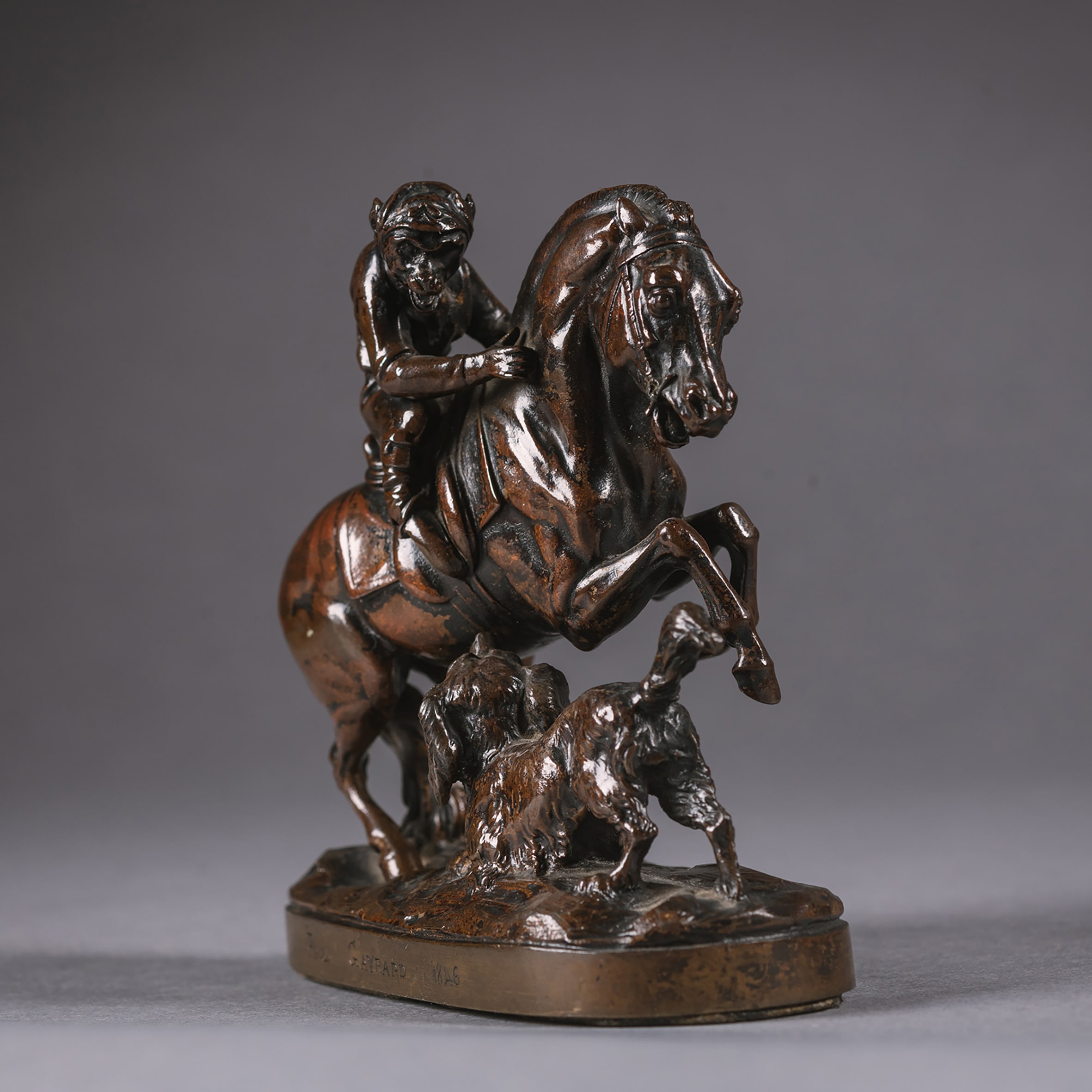
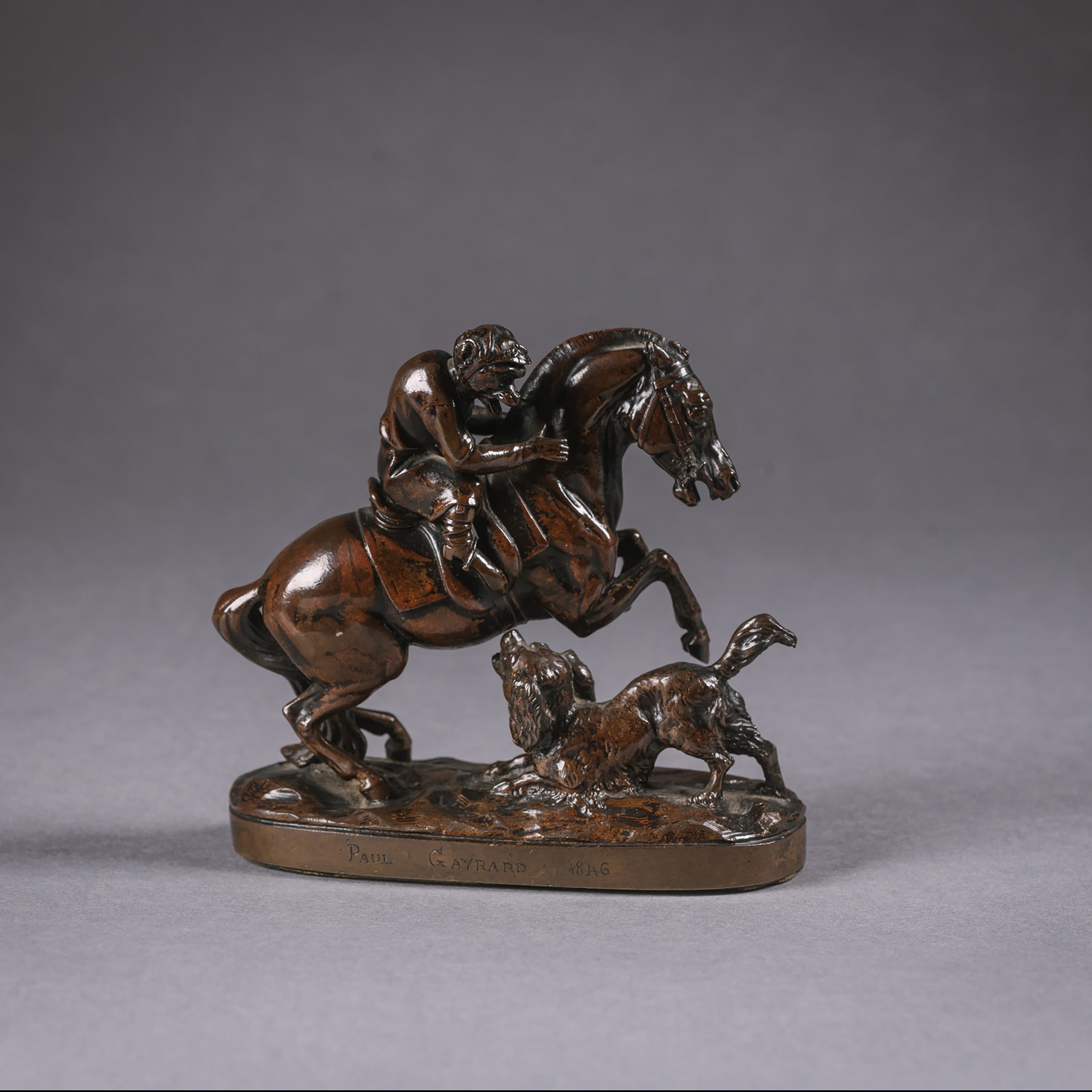
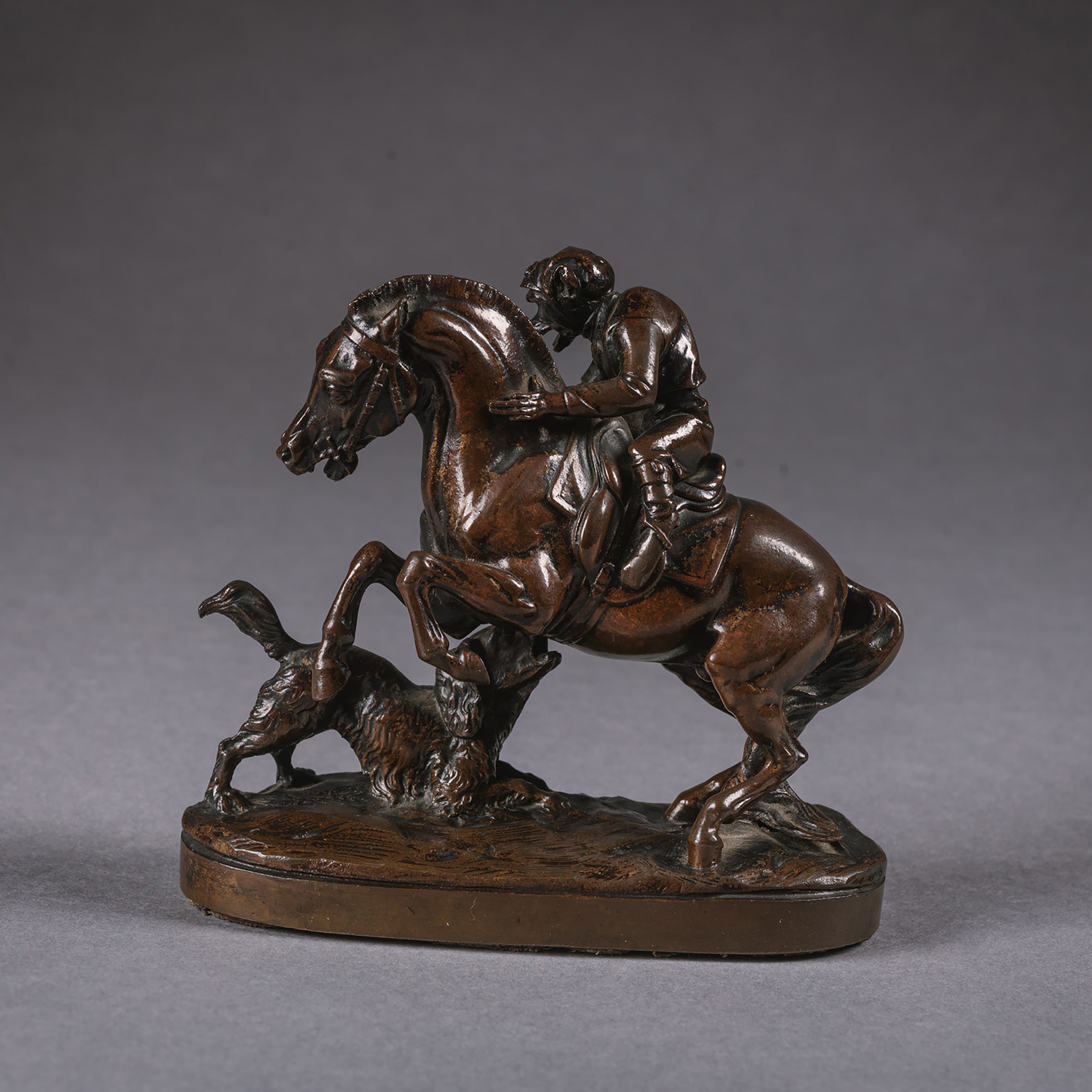
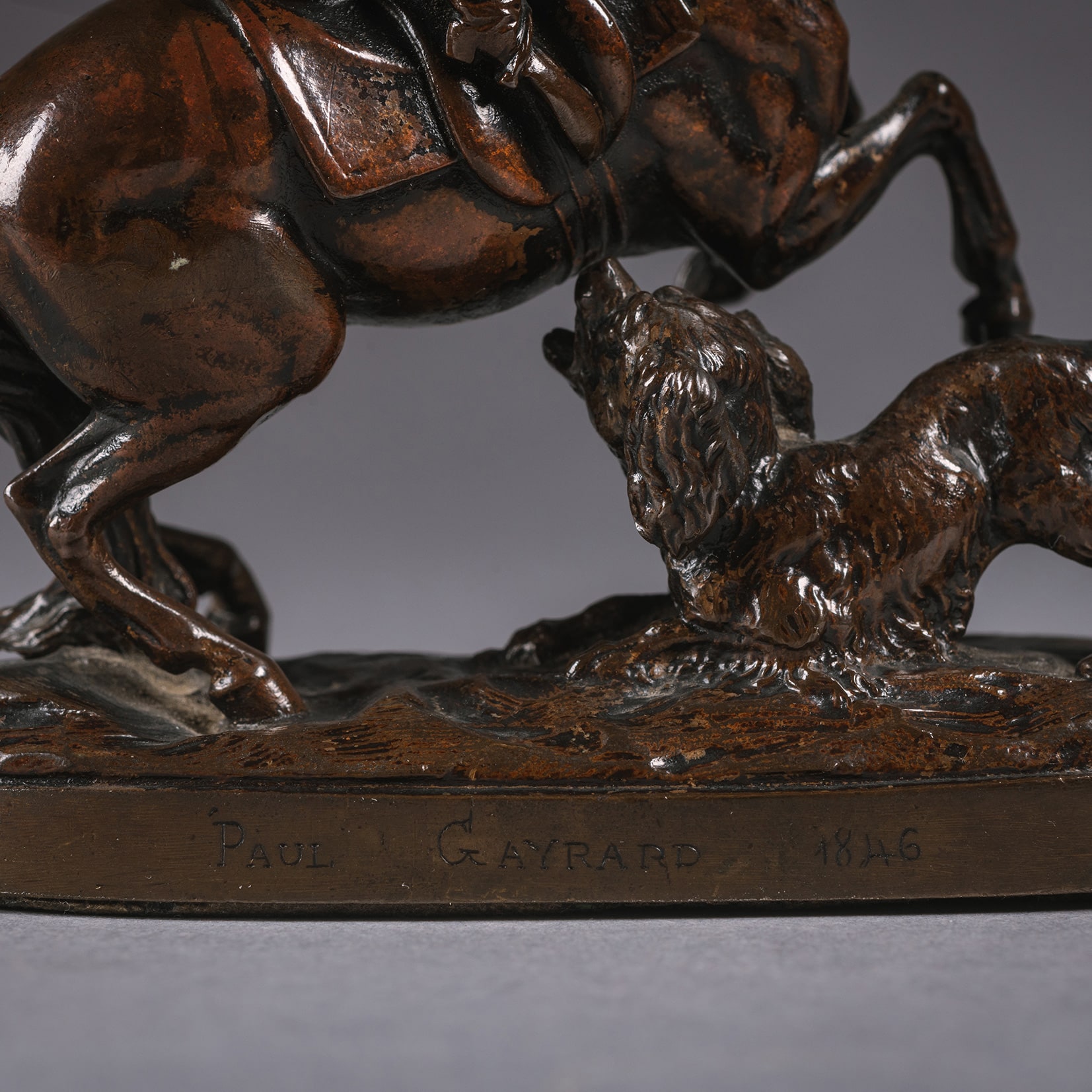

 Imprimer
Imprimer